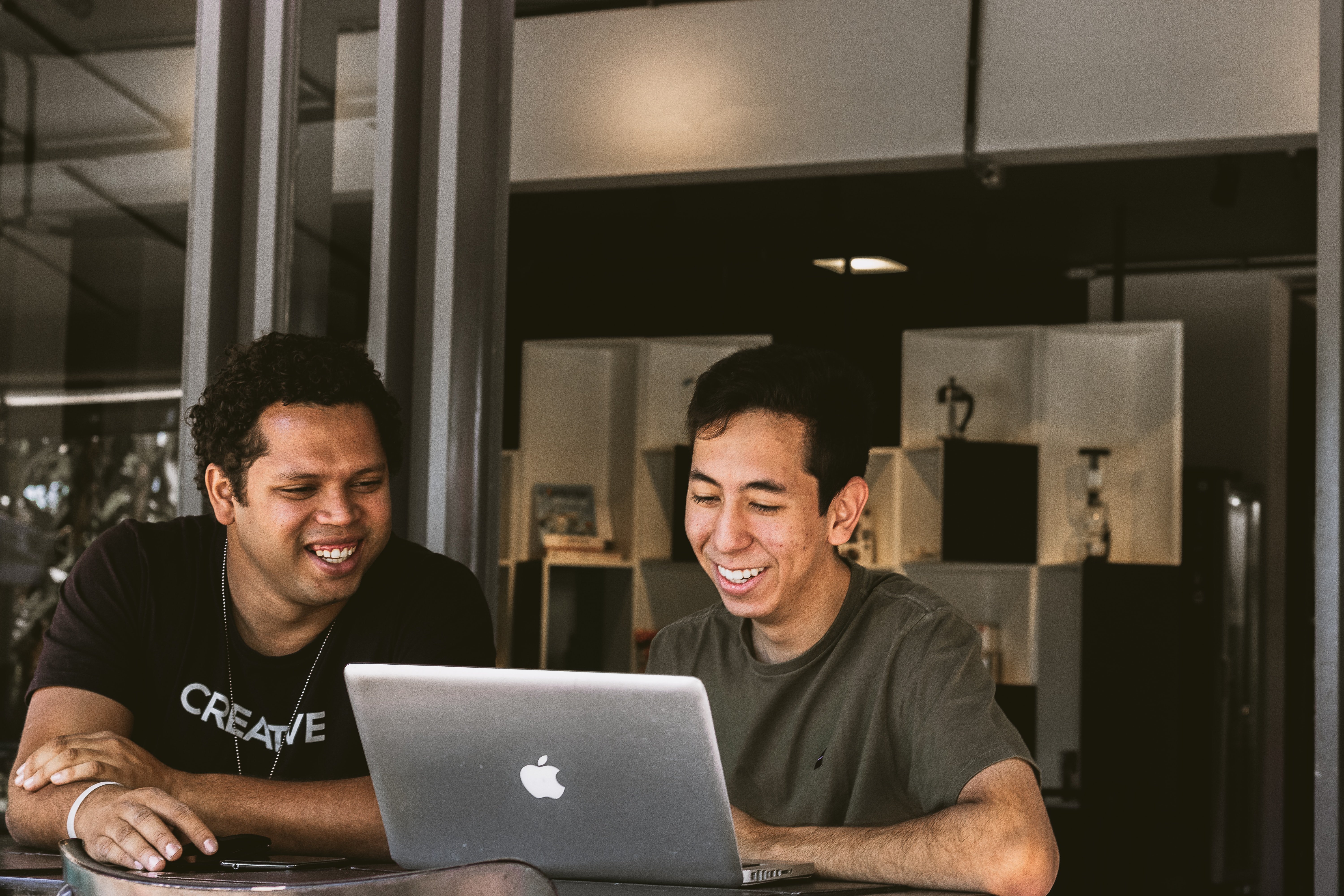Generation Z is the most diverse generation in our nation's history.
And the implications for consumer and business trends, inclusive hiring, diversity policies in the workplace, and long-term business resilience are complex and evolving. Savvy businesses and hiring managers and recruiters will do well to pay attention to how Gen Z will change the workforce.
At the same time, it's important to do so with an open mind, not assuming that what we know about Gen Z today will necessarily be true tomorrow. "People change as they grow older, pursue careers and form families. Gen Zers will no doubt walk differently in the world by 2050, just as today’s Baby Boomers are different from their younger selves," Pew Research Center cautions. "Generational signals can sometimes be lasting, but youth itself is not a permanent state."
In this article, we'll take a broad look at the forces shaping tomorrow's leaders so you and your organization can be better equipped to engage in inclusive hiring and implement policies and practices for recruiting diverse candidates like members of Generation Z.
Why is generational diversity important?
Diversity and inclusion in the workforce means embracing and valuing differences. Differences in perspective, experience, and expertise can be powerful drivers of change, innovation, collaboration, and even profitability. Typically, diversity is often thought of as gender, race, or ethnicity. However, it's important to have a diverse workforce that encompasses diversity beyond what we can see.
With generational diversity comes a diversity of experiences, worldviews, and cultures. Incorporating generational diversity in the workplace can help reduce ageism and implicit bias (age is one of the most common implicit biases people hold) while driving innovation, creativity, and long-term sustainability. In fact, researchers with Harvard Business Review say, "demographic change is one of the least understood yet profoundly important issues facing organizations today."
"In a survey by the Living, Learning, and Earning Longer Collaborative Initiative, more than eight in 10 global leaders recognized that multigenerational workforces are key to growth, yet less than half of companies include age diversity in their DEI initiatives," Harvard Business Review reports. "Organizations must reconsider their DEI strategies to meet the demands of a new era if they want to drive operational effectiveness, increase competitiveness, widen their appeal to consumers of all ages and abilities, and build long-term resilience."
Keep in mind that understanding Generation Z isn't about putting people into boxes or reinforcing stereotypes. Each individual has their own complex lived experiences, and no data set, regardless of how well-researched, will completely encompass that. With that said, general knowledge about the trends shaping tomorrow's leaders can help businesses recruit, hire, and retain diverse candidates, including members of Generation Z. Next up, how Gen Z will change the workforce.
How Gen Z will change the workforce
The majority of global leaders recognize multigenerational workforces as key to growth. Yet few incorporate age or generational diversity into their inclusive hiring practices.
"By 2025, Gen Z may comprise more than a quarter of the global workforce," according to McKinsey and Company. "To attract and retain these workers, employers should understand what this generation prioritizes in the workplace."
Next up, we'll outline a few factors shaping Gen Z that can then be used as a framework on how to improve inclusion and diversity in the workplace.
How Gen Z will change the workforce: Diversity at the forefront
According to insights from Deloitte, "Generation Z will soon surpass Millennials as the most populous generation on earth, with more than one-third of the world’s population counting themselves as Gen Zers. In the US, Gen Z constitutes more than a quarter of the population and, by 2020, will be the most diverse generation in the nation’s history."
Regardless of what's happening in the DEI world, from shifting diversity priorities and initiatives to the rollback of affirmative action, diversity will remain top of mind for human resource and talent professionals engaging with the next generation of workers and leaders. As Gen Z finds their place in the workforce, it'll be more important than ever to:
- connect with diverse candidates.
- implement effective diversity training solutions.
- promote diversity in the workforce.
How Gen Z will change the workforce: Emphasis on career journey
Deloitte foresees Gen Z demanding "greater personalization in how they move along their career journey." For employers, this means "developing robust training and leadership programs, with a real and tangible focus on diversity." In fact, McKinsey and Company found that career development opportunities are the No. 1 reason members Gen Z cite for taking a job, even above compensation.
Aspects of professional development that may appeal to members of Gen Z include:
- Offering latticed career opportunities. Compared to more traditional "career ladders," career lattices are a pathway that offers a more flexible approach to career growth and development.
- Providing diverse mentorship connections. As for generational diversity in the workplace, Deloitte recommends leveraging the expertise of preceding generations, including Gen X, Gen Y, and Boomers, to mentor Gen Z "into strong leaders."
How Gen Z will change the workforce: Purpose matters
Generation Z cares deeply about engaging in meaningful work. In fact, McKinsey found that purpose at work "ranks in the top three reasons for Gen Zers when taking a new job." Not only do Gen Z workers want to be engaged in purposeful work, they also care about a company's diversity, ethics, and social impact too. Deloitte recommends considering "the attractiveness of the industry you are in and the reputation of your company and plan accordingly."
Navigate inclusive hiring with AboveBoard
AboveBoard is an executive search platform and community that provides open access to senior leadership opportunities. By disrupting the traditional structure of the executive hiring process, we enable members to expand their career opportunities and companies to diversify their leadership teams. Our primary focus is offering executive search services that are based in inclusion, transparency, and excellence.
Whether you're learning how to improve inclusion and diversity in the workplace or actively recruiting diverse candidates, AboveBoard's transparent educational resources and expansive community are here to support your diversity goals.









